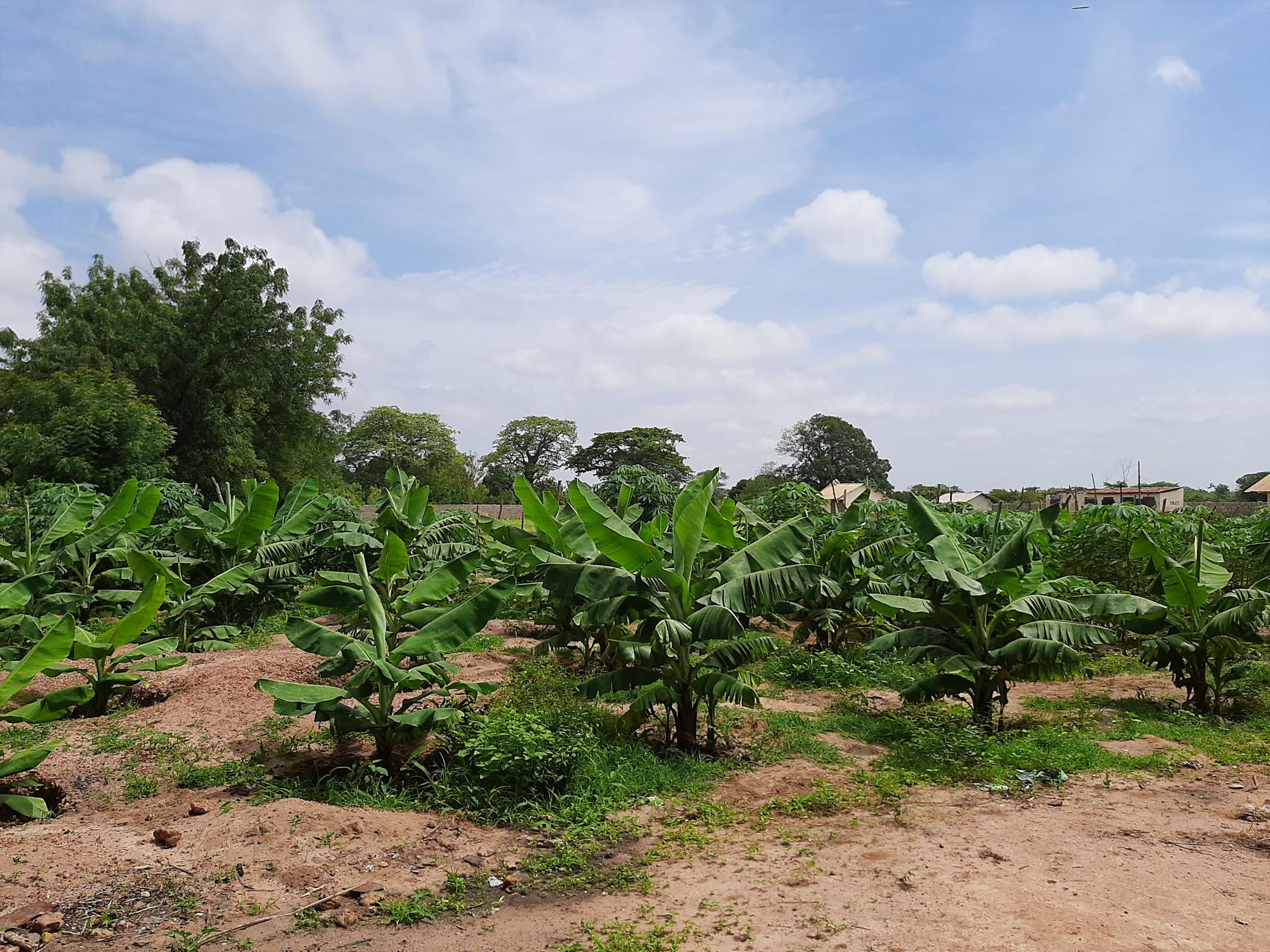Publicaciones regionales

Home-grown school feeding in West and Central Africa - 2020
This study aimed to establish a snapshot of the current landscape of home-grown school feeding in West and Central Africa, identifying its current objectives, opportunities and challenges and providing a future perspective of where HGSF can move towards with capitalization, sharing and cooperation.
The study finds that the region is showing a clear interest in pushing the agenda of home-grown school feeding and establishing groundwork on how to create sustainable and scaled up programmes both on the international and national stage. It was however clear that the level of communication, coordination, sharing across countries, particularly for technical experts and implementors, is very limited. Nevertheless, this study has shown that there are many points for engagement, including learning from each other on direct topics or sharing ideas that will encourage the common goal for sustainable home-grown school feeding strategies.

African Union Biennial Report on Home-Grown School Feeding (2019-2020)
This 2019-2020 Biennial Report builds on data and inputs collected by the African Union and its partners gathered in the HGSF Cluster, including WFP, UNICEF and FAO. This report also builds on the school feeding database developed by WFP for its flagship State of School Feeding Worldwide 2020 report, which contains up-to-date and official data on school feeding programmes at the country level.
This report aims to fulfil multiple objectives. It reports on the state of school feeding in the African continent and provides a mechanism for accountability to the African Union. Informed by several case studies from across the continent, it also highlights best practices to help inform policies and programmes. Finally, it identifies priorities and essential actions to advance school feeding and CESA objectives.

Regional overview of national school food and nutrition programmes in Africa
Locally procured school meals, form an important part of HGSF programmes, and when coupled with food and nutrition education (FNE), is a holistic strategy to motivate children to eat diversified and nutritious local foods. In line with this, the Food and Agriculture Organisation (FAO) has proposed the School Food and Nutrition (SFN) approach which explores the relationships among a) home-grown school feeding (HGSF), b) food and nutrition education (FNE), and c) supportive policy and regulatory frameworks, in order to assist countries in the establishment and strengthening of sustainable school feeding programs, while contributing to the development of an efficient food system.
It is within this context that a study was developed to provide a regional perspective on ‘the state of the art of national school food and nutrition programmes in Africa.
¡Envíe sus novedades!
Escriba un correo electrónico a
[email protected]









